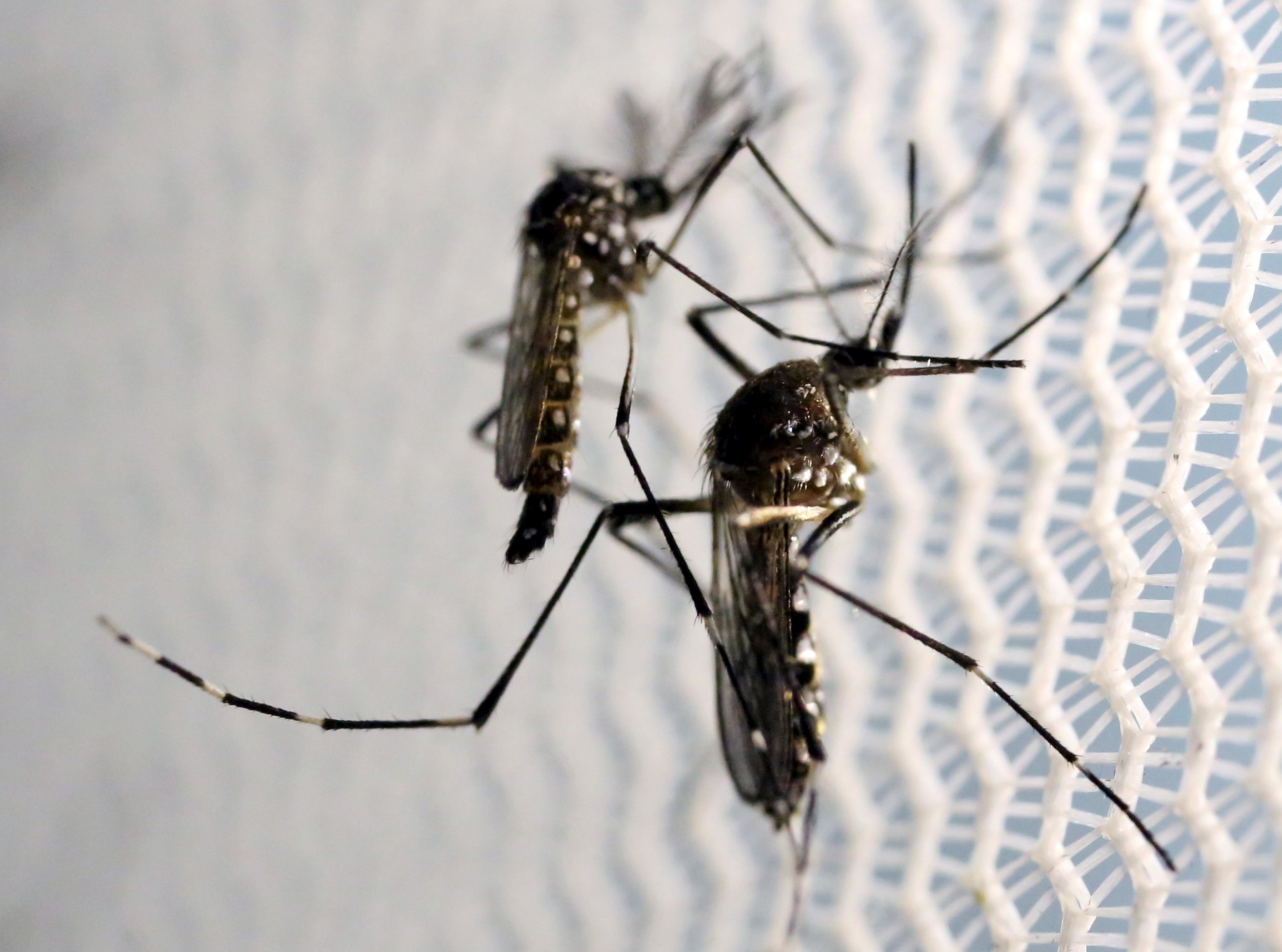
Many researchers have suggested for some time that the Zika virus may have serious health consequences—particularly on brain function. Several months ago, health officials verified that the virus can cause a range of congenital birth defects, including microcephaly and brain damage in infants born to mothers who were infected during pregnancy.
Zika's effects on adults have not yet been studied widely. Although most adults who contract the virus remain asymptomatic, some researchers suspect the Zika virus may also have deleterious effects on the adult central nervous system in ways that we don't fully understand. Simply put, Zika may not be as innocuous for adults as public health officials currently claim.
A new study published Thursday in Cell Stem Cell contains some of the first research to look specifically at how the virus may affect the brains of adults who become infected. Though this research, conducted on mice, is highly preliminary, it provides clear evidence that health officials may need to closely monitor and track patients' neurological and cognitive functions even after the acute infection has resolved.
The study found that the Zika virus appears to target neural progenitor cells—stem cells that are the earliest form of brain cells, which eventually become fully formed neurons. While the fetal brain is composed of mostly neural stem cells, they are present in only two areas of the brain in adults: the anterior forebrain and the hippocampus. These regions are critical to neuroplasticity and are linked to memory and cognitive function.
"Ours is the first study to look at Zika infection in the adult brain in an animal model. What we found was quite striking and dramatic. The stem cell population are highly vulnerable to Zika," says Dr. Joseph Gleeson, lead author of the study. "In a sense, it's the exception that proves the rule. It's not so much the age of the person but the type of cells themselves that are vulnerable and not vulnerable."
Gleeson, an adjunct professor at Rockefeller University and head of the Laboratory of Pediatric Brain Diseases at the Howard Hughes Medical Institute, says a Zika infection appears to cause cell death in neural stem cells and also hinders their ability to regenerate. Just a few days after infecting the mice with the virus, he found a decrease in cell populations in these two areas of the brain that was twentyfold more pronounced compared with other brain regions.
The study does have some limitations, Gleeson says. It's a single time-point analysis with a single strain of mice and also a single strain of the virus. But it does clearly suggest the need to closely track and follow up with patients who become infected with Zika.
His team is establishing research models that will allow them to answer some of the larger questions that also need clinical verification, such as if these stem cell populations eventually recover, whether the mice have memory and learning defects and how different strains of the virus influence these effects.
Gleeson, who worked alongside virologists, selected mice for the study because their brains have stem cell populations similar to those in humans. Unfortunately, it is currently not possible to conduct a similar study on humans. He explains that medical imaging, specifically MRI, doesn't have the resolution to differentiate between progenitor cells and other cell populations in the brain. It would also be useful to evaluate patients post-infection to see if they have any neurocognitive impairment.
This is information that is now critical to public health; Zika is already widespread through much of Central and South America and the Oceania and Pacific Islands, and health officials are now reporting cases of local transmission in Miami.
The Zika virus is already linked to Guillain-Barré syndrome, a rare though temporary condition in which the immune system attacks nerves and causes weakness in the lower extremities and even paralysis. The Pan American Health Organization says some 123 Zika-affected countries have reported an uptick in the number of patients diagnosed with Guillain-Barré since the start of the outbreak.
During a smaller Zika virus outbreak, in 2013 in French Polynesia, 42 patients were diagnosed with the condition. Additionally, other research suggests the Zika virus can cause a neurological condition with symptoms that mimic multiple sclerosis.
Uncommon Knowledge
Newsweek is committed to challenging conventional wisdom and finding connections in the search for common ground.
Newsweek is committed to challenging conventional wisdom and finding connections in the search for common ground.
About the writer
Jessica Firger is a staff writer at Newsweek, where she covers all things health. She previously worked as a health editor ... Read more
To read how Newsweek uses AI as a newsroom tool, Click here.








